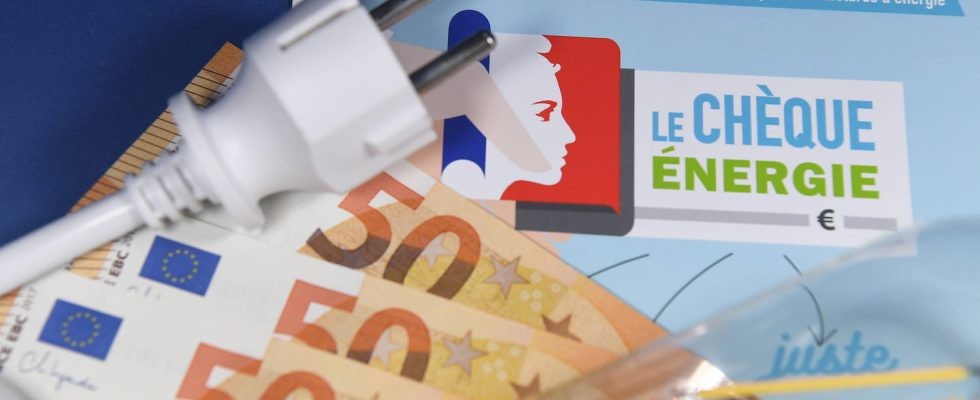An administrative hiccup could prevent the payment of valuable aid for households.
This is a big financial blow that is looming in a context that is already difficult to say the least. The energy issue has been at the heart of French concerns for many months and the successive announcements of the increase in the price of electricity and gas have worried households a little more. However, some can cushion the shock thanks to the State which, although it has put an end to the tariff shield, continues to provide aid to pay the bills.
Since 2018, around 5.6 million French people have benefited from the energy check each year. In the spring – generally in March – a letter arrives in their mailbox with a check for an amount ranging from 48 to 277 euros, depending on income. This can be used – in one go only – to pay your electricity, gas or even wood bill. On average, 150 euros are collected.
People who are eligible for this assistance receive the check directly, without taking any action. It is the administration which is responsible for determining who is entitled to it, according to defined criteria. Except that in 2024, things should get stuck. The fault lies with administrative changes which were not taken into account. A paperwork hiccup that should impact a million French people, according to the consumer association “Consommation Logement Cadre de Vie” (CLCV).
To find out which households are eligible, the Ministry of the Economy has previously relied on two documents: the income tax declaration and the housing tax. However, since last year, only owners of second homes have received it. However, some owners of their main residence are in a precarious situation which allows them to obtain the energy check. But with the disappearance of the housing tax, they can no longer be identified.
Faced with this imbroglio, a decision would have been taken to pay the energy check to the same beneficiaries as in 2023, even if some are no longer eligible since then, argues the CLCV. The other side of the coin: new people meeting the allocation criteria would not receive it. This would represent around 1 million French people. This is, each year since 2018, the number of households who benefit from the check for the first time.
At this stage, neither the Ministry of the Economy nor that of Ecology have explained themselves on the subject. The CLCV, for its part, requests that only the tax declaration made in 2023 be taken into account for better fairness.
